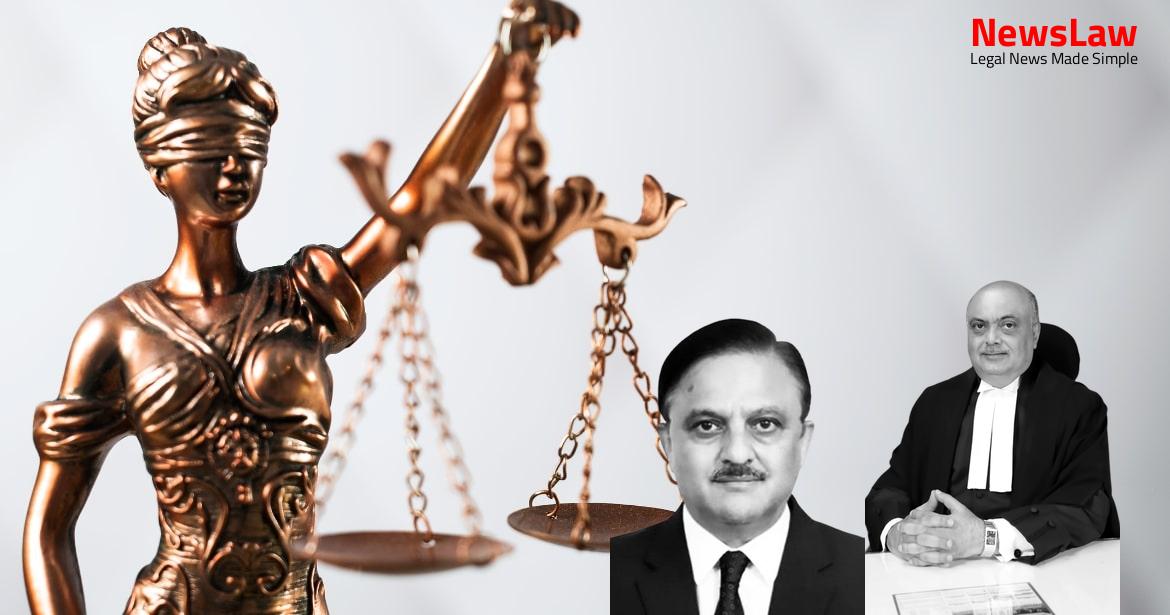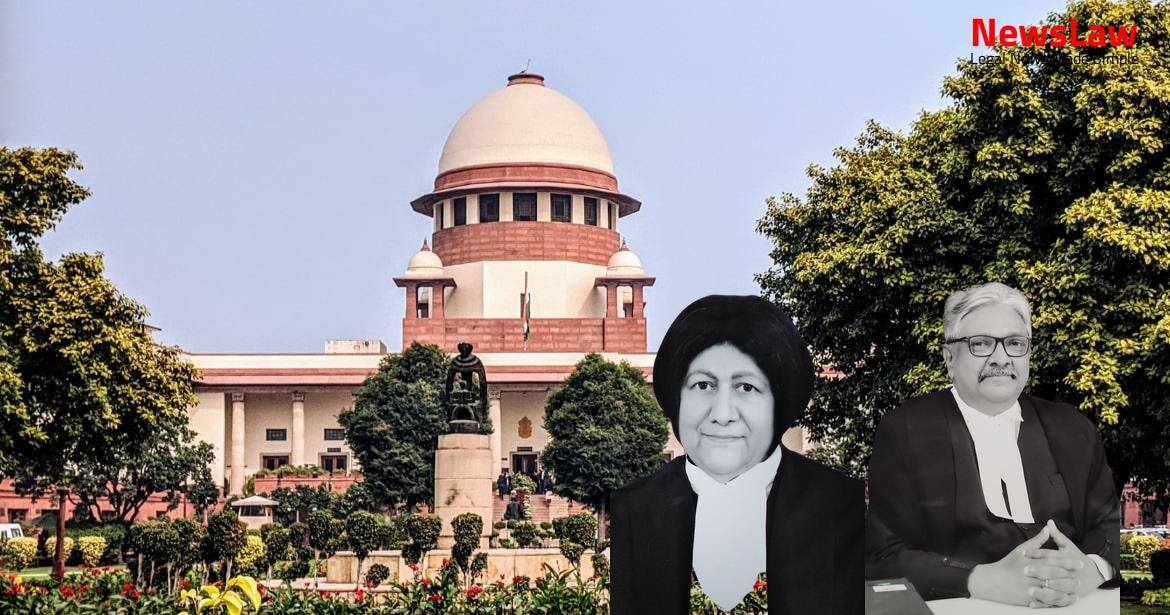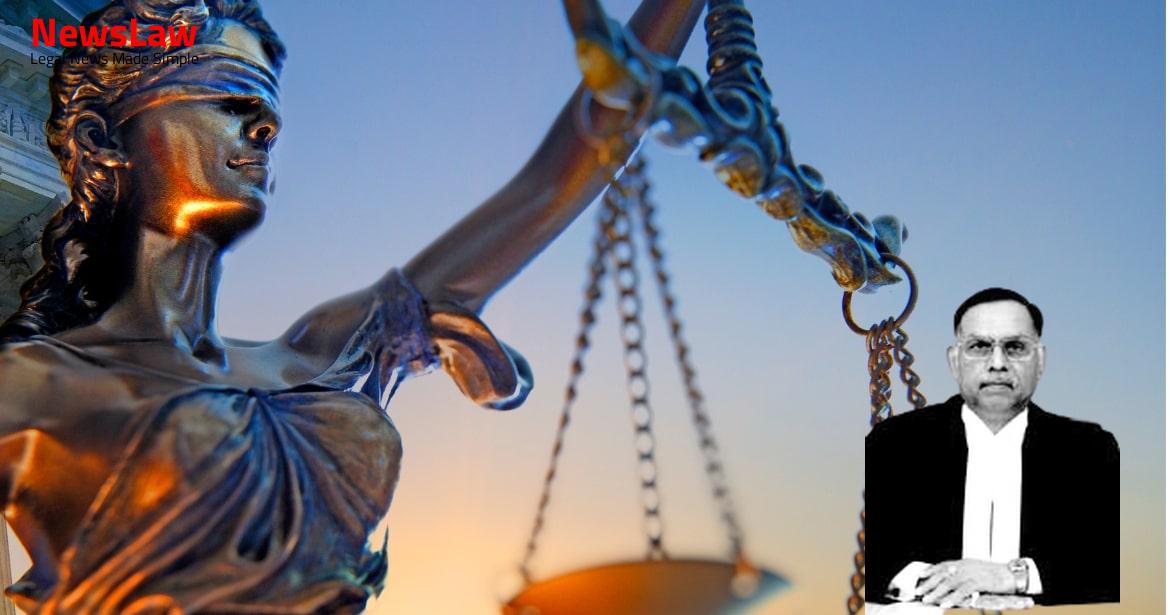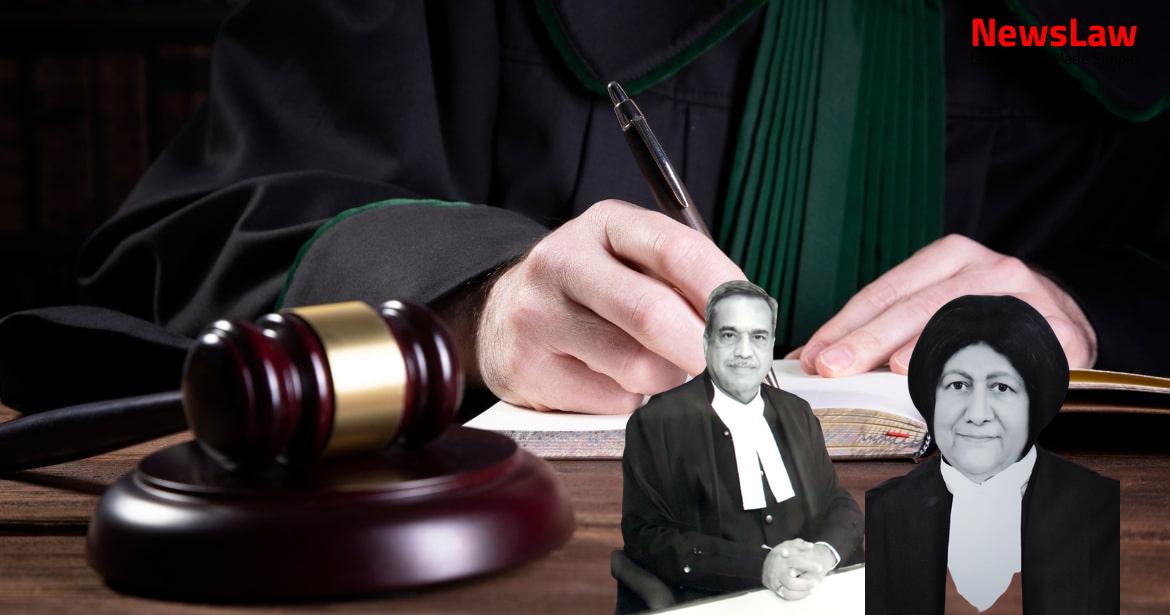The Supreme Court recently issued a crucial ruling in the legal case involving Lakshmesh M. v. P. Rajalakshmi and C.N. Rangaraju. This landmark judgment addresses the compensation claims of private defendants and reaffirms the rights of the plaintiff. The decision sheds light on complex land acquisition issues and clarifies the legal standing of the parties involved.
Facts
- High Court upheld the Trial Court judgment in OS No.5634 of 1980 and dismissed the appeal by Defendant No.1-Society in RFA No.882/2008.
- RFA No.887 of 2008 by Defendant No. 20 was allowed, with the High Court declaring the site allotted to Defendant No.20 was unrelated to the scheduled suit property.
- High Court determined that private Defendants (Defendants Nos. 9, 10(a), 11(a), 12, 13, 14, 16, 18, 23, and 24) were entitled to receive 30% of the compensation for the acquired portion, proportionate to the sites allotted to them in the suit property.
- High Court partly allowed the appeals of private Defendants based on the compensation terms.
- Defendant No.1-Society appealed to the Supreme Court, which corrected a typographical error in the judgment and remanded the case to the Trial Court to consider the effect of the order granting occupancy rights to Muniyappa.
- High Court directed the Trial Court to identify the land covered by the grants to Appellant/Plaintiff and Defendant No. 20 by framing necessary issues and providing an additional opportunity to both parties.
- The Tehsildar adjusted the records to reflect the actual area in possession of Smt. B.C. Subbalakshmamma.
- Kempapura Agrahara village was an Inam village, and the land vested in the State as per the Mysore Inams Abolition Act, 1954.
- Smt. B.C. Subbalakshmamma held a 1/7 share in the village.
- The suit of the Appellant/Plaintiff was decreed in their favor.
- A revised mutation order was passed updating the record in her name for 1 acre and 12 guntas.
- The Regular First Appeal of the Appellant/Plaintiff was allowed.
- Defendant No.1-Society’s appeal was dismissed.
- The ownership of the Appellant/Plaintiff over 1 acre and 3 guntas was declared in a subsequent suit.
- Several legal proceedings and appeals were filed by both parties.
- The Appellant acquired the suit property from Smt. B.C. Subbalakshmamma through a registered sale deed.
Also Read: Child Custody Case: Ensuring Welfare and Best Interests
Issue
- The High Court judgment questioned two main issues:
- Firstly, whether the site allotted to Defendant No.20 is part of Sy. No 305/2.
- Secondly, whether ten allottees are entitled to receive 30% of the compensation, despite the Plaintiff being the lawful owner of the suit property.
Also Read: Landmark Supreme Court Judgement in a Corporate Immunity Case
Arguments
- Appellant/Plaintiff established as the absolute owner of the suit property by the High Court.
- Private Defendants not entitled to compensation for sites built on the suit property.
- Compensation not claimed by Private Defendants at any stage.
- Specific plea of Defendant No.20 regarding site allotment not disputed by the Appellant/Plaintiff.
- Private Defendants’ possession of sites does not entitle them to compensation for land acquired for Metro Rail Project.
- Grant of relief to Defendant No.20 challenged as unsustainable by the Appellant/Plaintiff.
- Appellant/Plaintiff cannot be held liable for the fault of Defendant No.1-Society.
- High Court set aside findings of Trial Court regarding site allotment to Defendant No.20.
Analysis
- Private Defendants have not made any claim for compensation for the land acquired.
- The ownership and title of the suit property in favor of the Appellant/Plaintiff has been affirmed by the High Court.
- The judgment and findings of the High Court have attained finality.
- Without any claim for compensation, the relief granted by the High Court is not sustainable.
- The private Defendants, in possession of the sites built on the land as per the Society’s allotment, have rightly been granted compensation.
Decision
- Civil Appeal No.9731 of 2024 titled as Lakshmesh M. v. P. Rajalakshmi (since dead) by LRs. is allowed, setting aside the previous decision.
- Civil Appeal No.9732 of 2024 titled as Lakshmesh M. v. C.N. Rangaraju (since dead) by LRs. is dismissed.
- 30% of the compensation amount for the sites allotted to the private Defendants by Defendant No.1- Society concerning the suit property is set aside.
- Private Defendants have the liberty to seek any available remedy under the law for compensation if they choose to do so.
- No costs are imposed.
- The Appellant/Plaintiff is entitled to receive the full amount payable for the acquisition of the suit property for the Metro Rail Project.
Case Title: LAKSHMESH M. Vs. P. RAJALAKSHMI (DEAD BY LRS.) AND ORS. ETC ETC (2024 INSC 678)
Case Number: C.A. No.-009731-009732 – 2024



